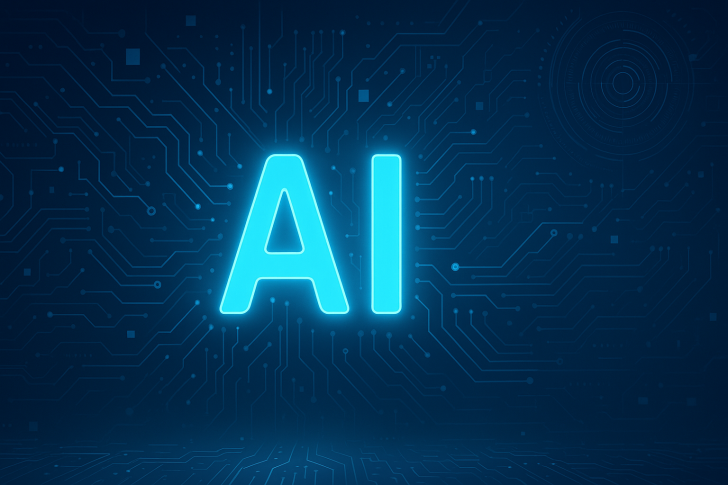What if AI's next breakthrough isn't about processing more data, but about watching you work? That's exactly what's happening in Silicon Valley right now. Major AI companies like OpenAI and Anthropic are shifting away from web scraping toward something much more personal - studying how real professionals get things done.
From Web Scraping to Workplace Observation
As VraserX e/acc recently pointed out, this isn't just a technical upgrade. It's potentially the biggest shift in how we think about work itself.
AI has come a long way on internet data alone. Models like GPT-4 and Claude learned language, facts, and reasoning by digesting massive chunks of the web. But that approach has limits - it creates AI that knows things but doesn't really understand how work gets done.
Now labs are taking a different approach. Instead of just feeding AI more text, they're showing it how professionals actually operate:
- Recording real workflows: Lawyers handling cases, doctors making diagnoses, designers solving problems - all being captured to teach AI not just what to know, but how to think through complex situations like a human expert would.
The goal isn't just smarter AI - it's AI that can actually function as a coworker rather than just a search engine with personality.
What This Means for Your Career
When AI understands not just information but actual work processes, everything changes. Companies could see massive productivity gains from AI that gets industry-specific challenges. New employees might learn faster with AI mentors who understand exactly how things get done. And yes, some roles might become redundant when digital workers can handle the same tasks.
The question everyone's asking is simple but crucial: if AI becomes as capable as human workers, do we embrace it as a teammate or worry about it as competition? The answer probably depends on how quickly we adapt and whether companies choose to augment human workers or replace them entirely. Either way, the shift from data-trained to workflow-trained AI marks a turning point that could reshape the entire concept of professional work.
 Saad Ullah
Saad Ullah

 Saad Ullah
Saad Ullah


